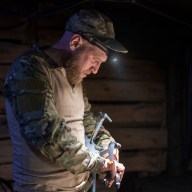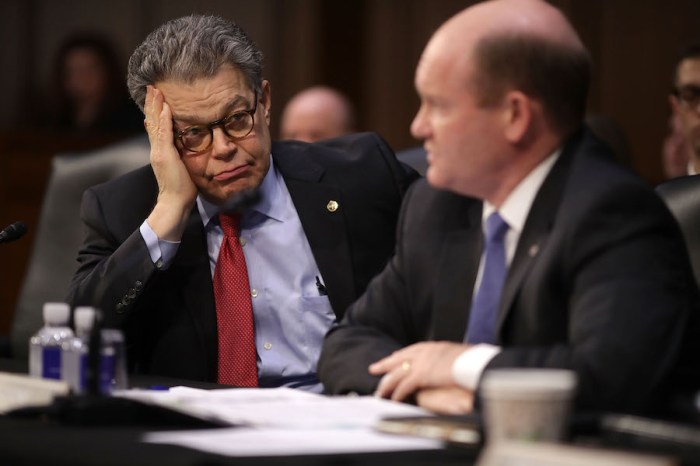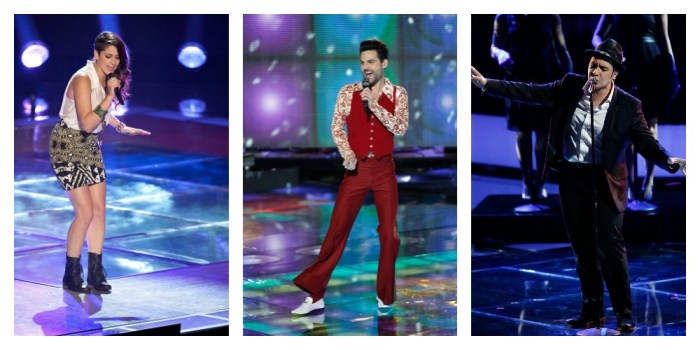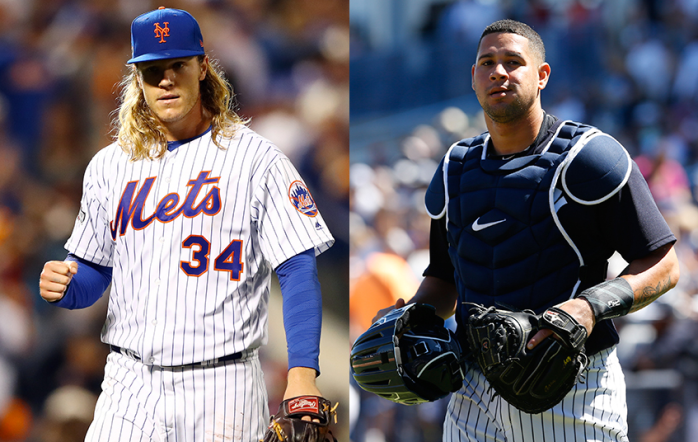Patricia Arquette says she isn’t used to what has happened with “Boyhood.” She has her share of cult favorites — “True Romance,” “Lost Highway,” “Flirting with Disaster,” “Ed Wood” — but they all initially underperformed or worse. “Boyhood,” however, was a massive critical and commercial darling right out of the gate. Her turn as a mother to a boy (Ellar Coltrane), filmed over 12 years, even netted her a Golden Globe nomination. “It really puts a perspective on what movies are usually like,” she tells us, chuckling. “Pretty early I learned to let things roll of my back. But I’ve never experienced anything like this. It’s a really nice change!” As the film comes out on Blu-ray and DVD — while still playing a show a day at New York City’s IFC Center, mind you — Arquette talked to us about the film’s making and not yet letting go of a project that dominated a significant chunk of her life. It must be strange that it’s finally over. How much do you miss everyone?
We’ve been promoting this pretty heavily since July, so I’ve seen a lot of those guys. I’ve probably seen them more this year than I saw them any other year. It doesn’t completely feel like it’s over. How loose did writer-director Richard Linklater keep the script?
In the first conversation I had with him he laid out most of the major parts of the movie’s anatomy. By the second year he had the last shot planned out. He left enough space to see what the world became. There were so many variables about what happened on Earth or where the kids went. What if Ellar became a jock? That would take the film in a slightly different territory. But he had most of it mapped out. He knew there was going to be a girlfriend. But he waited. One year he almost shot that, but then Ellar hadn’t had a girlfriend yet. He wanted to wait until he had a girlfriend in real life. What about your character? Did she evolve much as the years went on?
A lot of it was there from the first conversation. We spent several hours talking about mothering and my mother and me as a mother. We really locked into who she was. I think, in a way, she comes from an older mentality of American women. She really is someone who thought she wanted to be married for life and to have a family and a partnership like that. But they can be the wrong choices. But then if you divorce then you’re working all the time and you’re a single parent and you’re struggling and your kids don’t have stability. It’s a Catch-22 situation. It can all be partially the right choice and partially the wrong choice. Did you have much trouble getting back into character when you returned to her every year?
It was a lot easier than I thought it would be. The way Rick [Linklater] works, there’s no space for anything that’s not authentic. There’s no space for anything that’s ego-driven. It’s not about being perfect either. You would always come back to the honestly that we started from. Your character’s final scene in the film, when Ellar’s character heads for college, is a very gutting realization of her own time passing.
I feel like when you grow a human in your body, especially when it’s your last baby, it really is hard to imagine a life where you’re not going to be a mom. It’s such a critical part of who you are, if you’re good at it at all. Of course it all turns out fine in the end because they call you a week later and say they forgot to pack socks. But at the moment it seems like, “Who am I really if I’m not a mom?” You watched Ellar as well as Lorelai Linklater grow up. Do you feel maternal towards them?
Both those kids have really great parents, so I can’t say it’s parental. It’s more like an aunt. I was just amazed by them and impressed by who they were as people and who they were becoming. It’s pretty incredible that this film was able to stay on the DL for most of its production. Most people only found out about it shortly before it was playing film festivals.
Rick said not to say anything, but then Ethan [Hawke] said something and Rick said, “Let’s not talk about this too much, because what if it doesn’t work out?” I wouldn’t talk about it a lot in the press, but I did a little bit. But when I would mention it they really weren’t interested. [Laughs] Their eyes would glaze over. I’d say it was about this little boy growing up and they’d say, “Good luck with that.” [Laughs] I was like, what’s wrong with these people? Follow Matt Prigge on Twitter @mattprigge
Interview: Patricia Arquette looks back on ‘Boyhood’
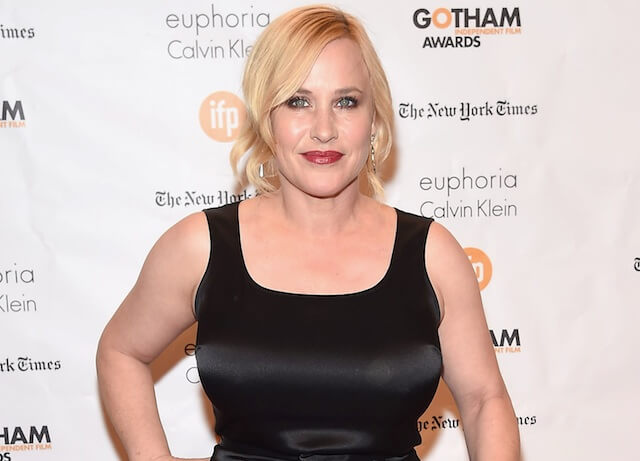
Getty Images







